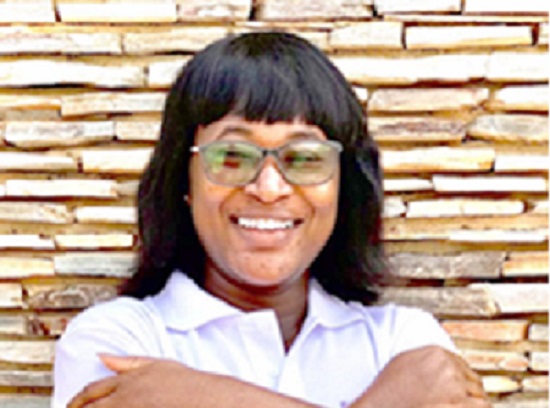
Embracing equity: Women rising with innovation, technology
Advancing and Harnessing Opportunities for the Youth (AHOY, Africa), a youth-led and youth-focused development non-governmental organisation (NGO), in collaboration with Oxfam and the European Union, is celebrating this year’s International Women’s Day on the theme, “DigitALL: Innovation and technology for gender equality,” tagged, EmbraceEquity.
This year’s theme is informed by the broader theme of the 67th Session of the Commission on the Status of Women, “Innovation and technological change, and education in the digital age for achieving gender equality and the empowerment of all.”
Inequality gap
The gender inequality gap has been worsened by the recent COVID-19 health and related supply chain and economic crisis; climate change; and incessant conflicts around the world.
For instance, several studies during and after the pandemic exposed the gender gaps in access and usage of information and communication technology tools (ICT) tools.
As these continue unabated, the little gains made thus far by governments and development partners get eroded and the gap widens.
In a digital world, the typical norm is the inclusivity in the digital space. However, women and girls find themselves on the other side of the divide.
The exclusion has dire implications on all levels of engagement. Lack of access to technology, digital skills and internet limits the potentials of young women to leverage technology for social change and leadership.
Digital exclusion
Ghana’s productivity is at risk because of the digital divide. In a 2018 survey by the Ghana Statistical Service (GSS), the data suggested that only 29 per cent of women had basic computer literacy skills compared to 49 per cent of their male counterparts.
This does not augur well for economic growth and development, because when women have digital literacy skills, they can harness digital tools to access markets, finance and training to open up their businesses and ventures.
The picture is very gloomy at the macro level. The 2022 UN Gender Snapshot reported that low-middle income countries lost about $1trillion in gross domestic product (GDP) as a result of digital exclusion and estimated that the figure may rise to $1.5trillion in 2025 if no rigorous action is taken.
Gender approaches must be found to create digital technologies and innovations, and as we explore the field, we should be mindful of the associated challenges of online gender-based violence, cyberbullying, misogyny and sexualisation.
Digital spaces must be safe for women; especially women in leadership, for them to connect with younger women and build the necessary support system and networks to empower them.
As many more young women become digital natives, it is important to ensure that they have the digital literacy skills and online safety knowledge to navigate the digital world safely and effectively.
Gender equality
Achieving gender equality requires more than just lip service. The nature of women’s exploitation and oppression has deep roots and causal links as expounded by Kenyan Professor Maria Nzomo.
Property ownership in sub-Saharan Africa is male dominated. Social systems are comparatively unfair to the education of women, which affect their employability, political participation and leadership.
The underlying social, economic and political systems that support gender inequality must be addressed if gender equality is to be achieved in the digital age.
This necessitates not only investments in infrastructure and technology, but also in policies and programmes that encourage women's access to leadership positions, employment and higher education.
Additionally, it calls for a change in cultural beliefs that support gender stereotypes and undervalue women's contributions.
The celebration of International Women's Day serves as a reminder that gender equality impacts all people and all sectors of life and society, and therefore, not just women’s problem.
Utilising technology
We at AHOY subscribe to the belief that by utilising technology, we can quicken the process of gender equality and make the world more just and equitable for everyone.
That is why as we acknowledge the significant political, social and economic contributions of women who have made the world a better place; we join forces with our development partners to bring young women and young women leaders together to discuss, on various media platforms, the theme for the International Women’s Day (IWD) celebration, “DigitALL: Innovation and technology for gender equality.”
We are using this opportunity to gift young women computers to enhance their digital literacy skills and MiFi devices for internet access as prizes for an essay competition.
AHOY Africa’s culmination of the celebration of IWD 2023, EmbraceEquity, is to bring together the action points in a report that will drive our commitment and advocacy to achieving gender equality and empower all girls.
We say Ayekoo to our mothers, aunties, sisters and daughters.
The writer is a Snr Manager, Programmes and Advocacy of AHOY
